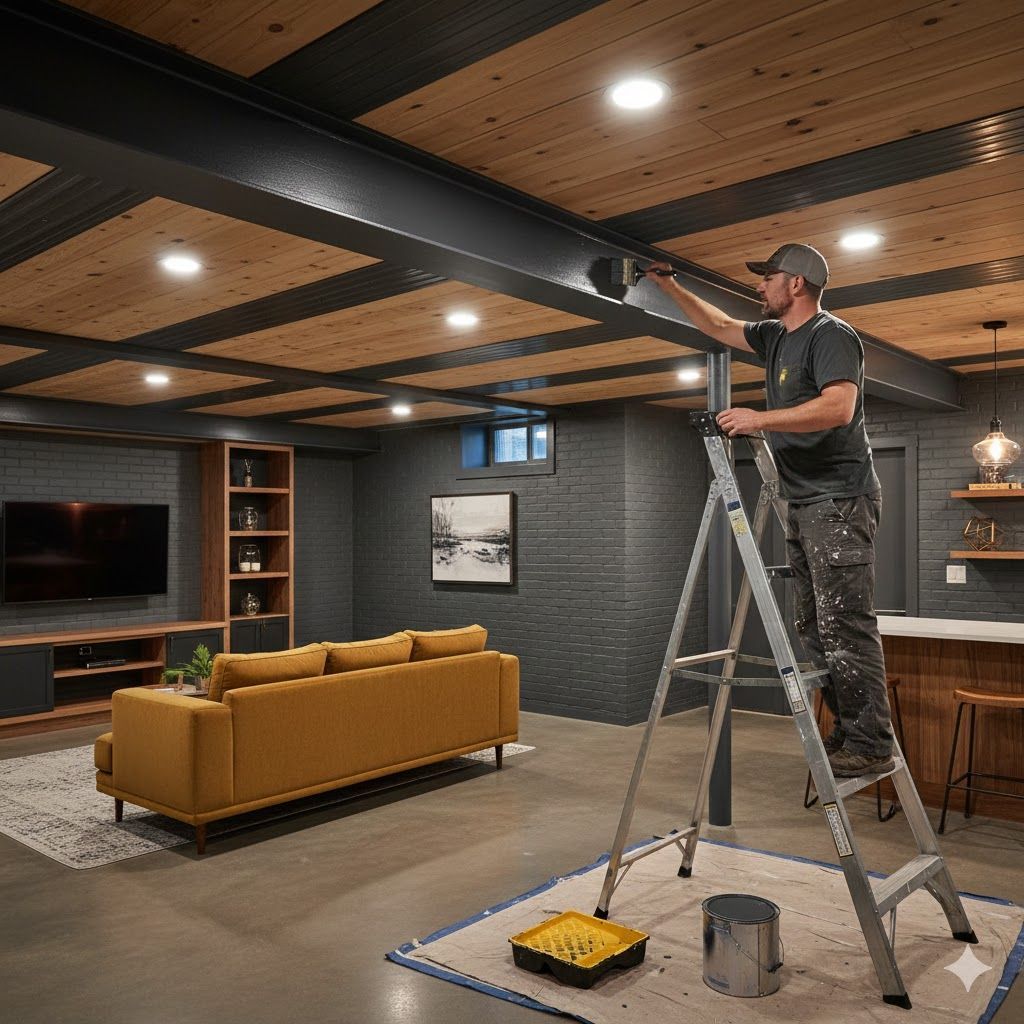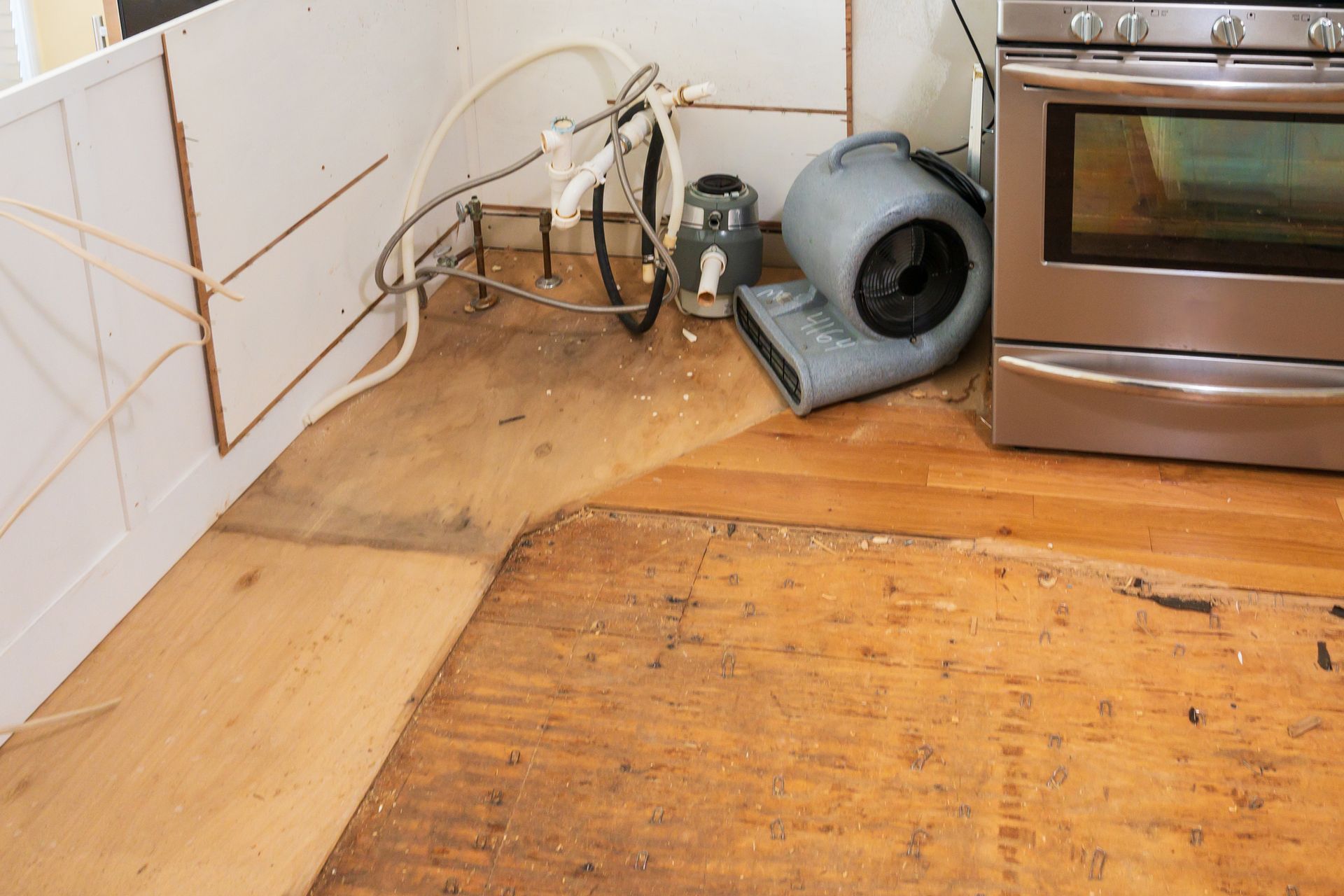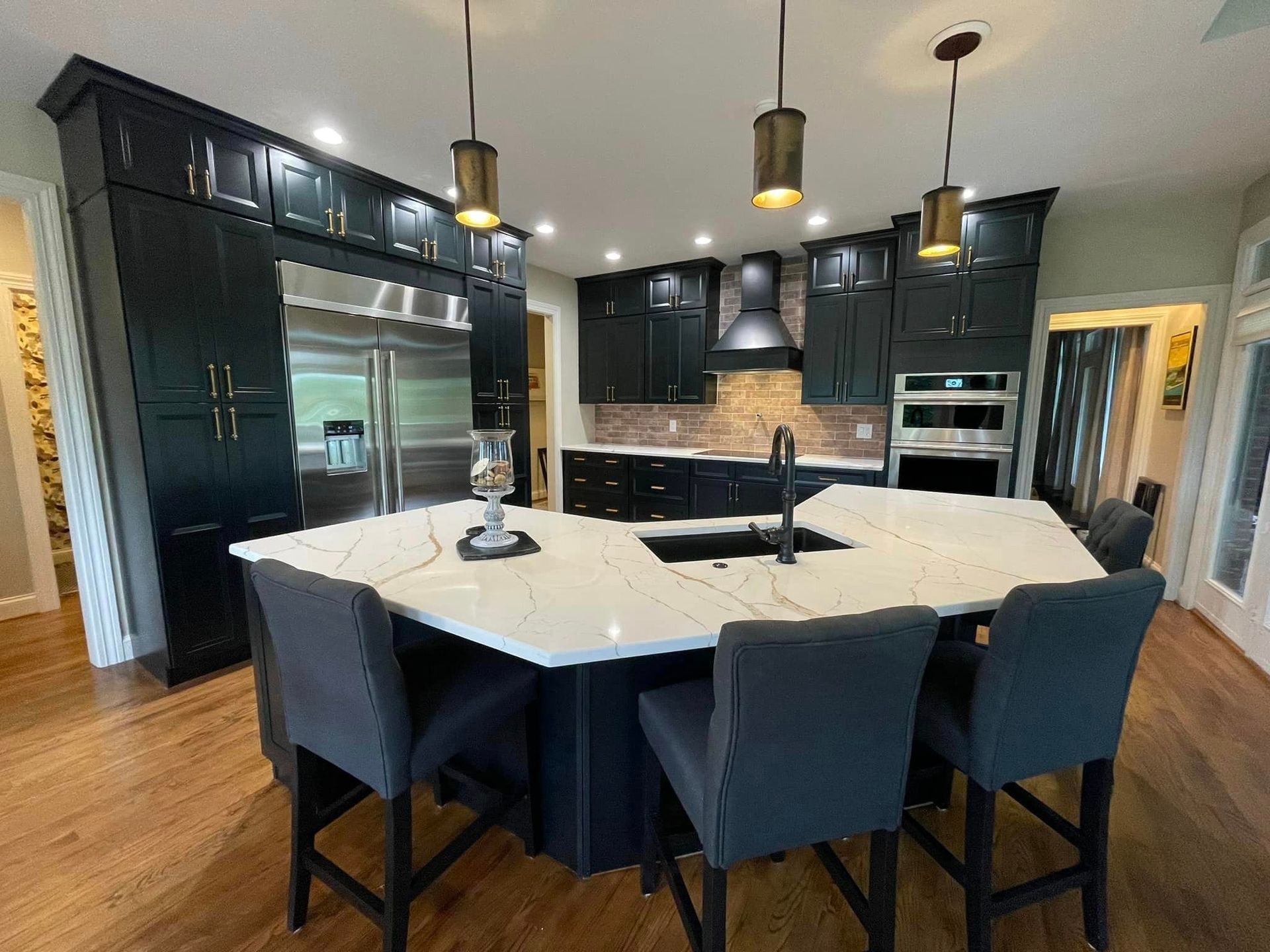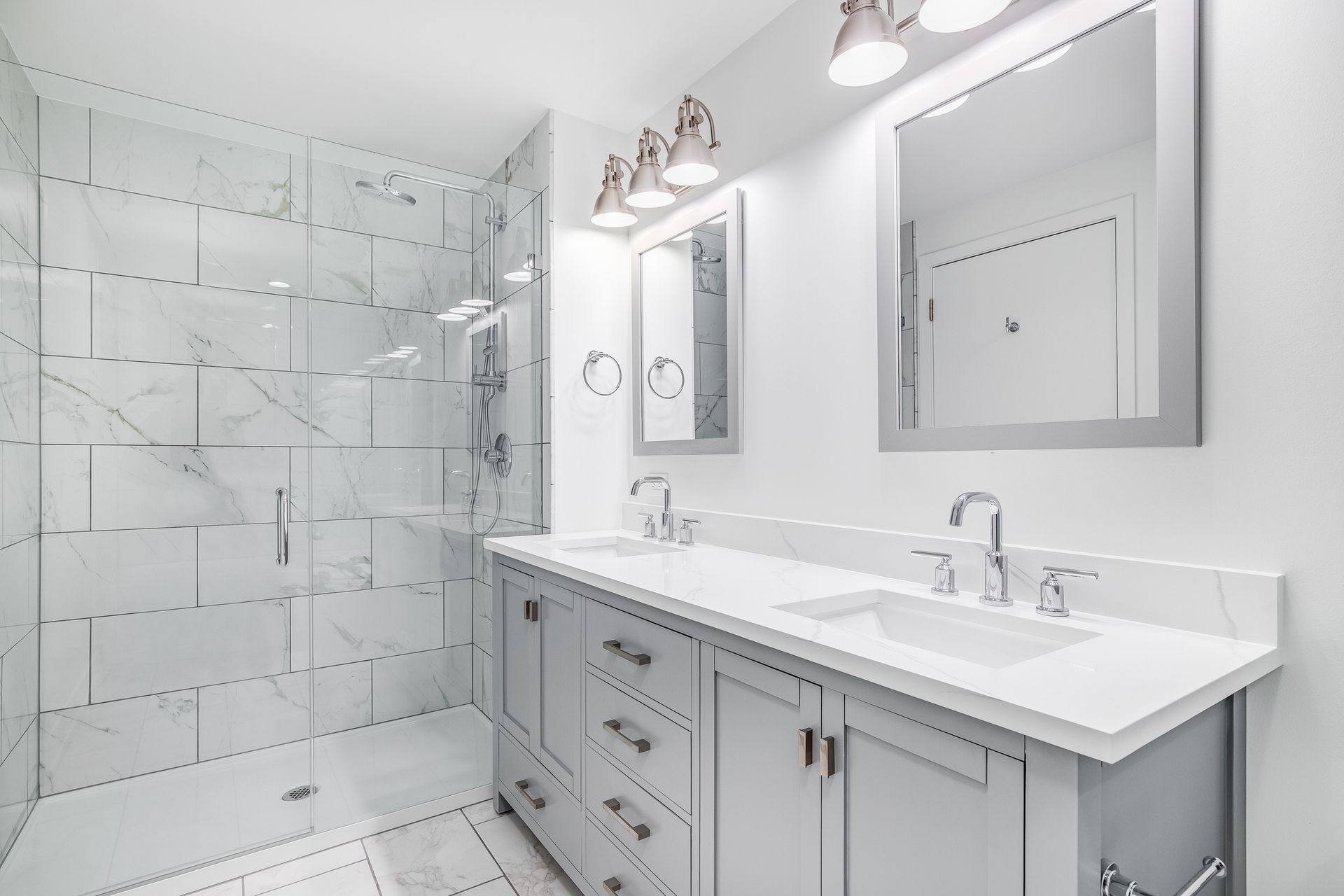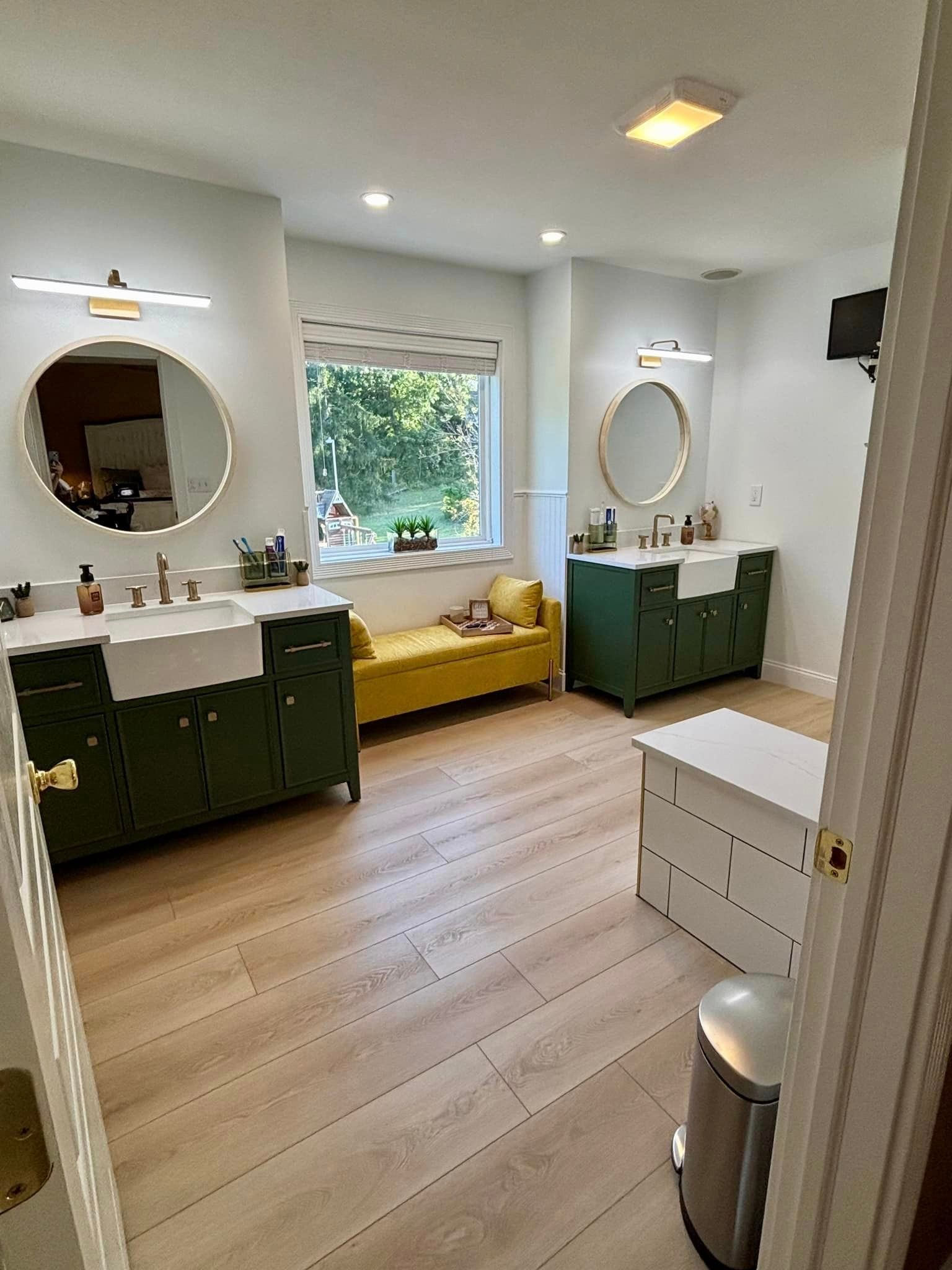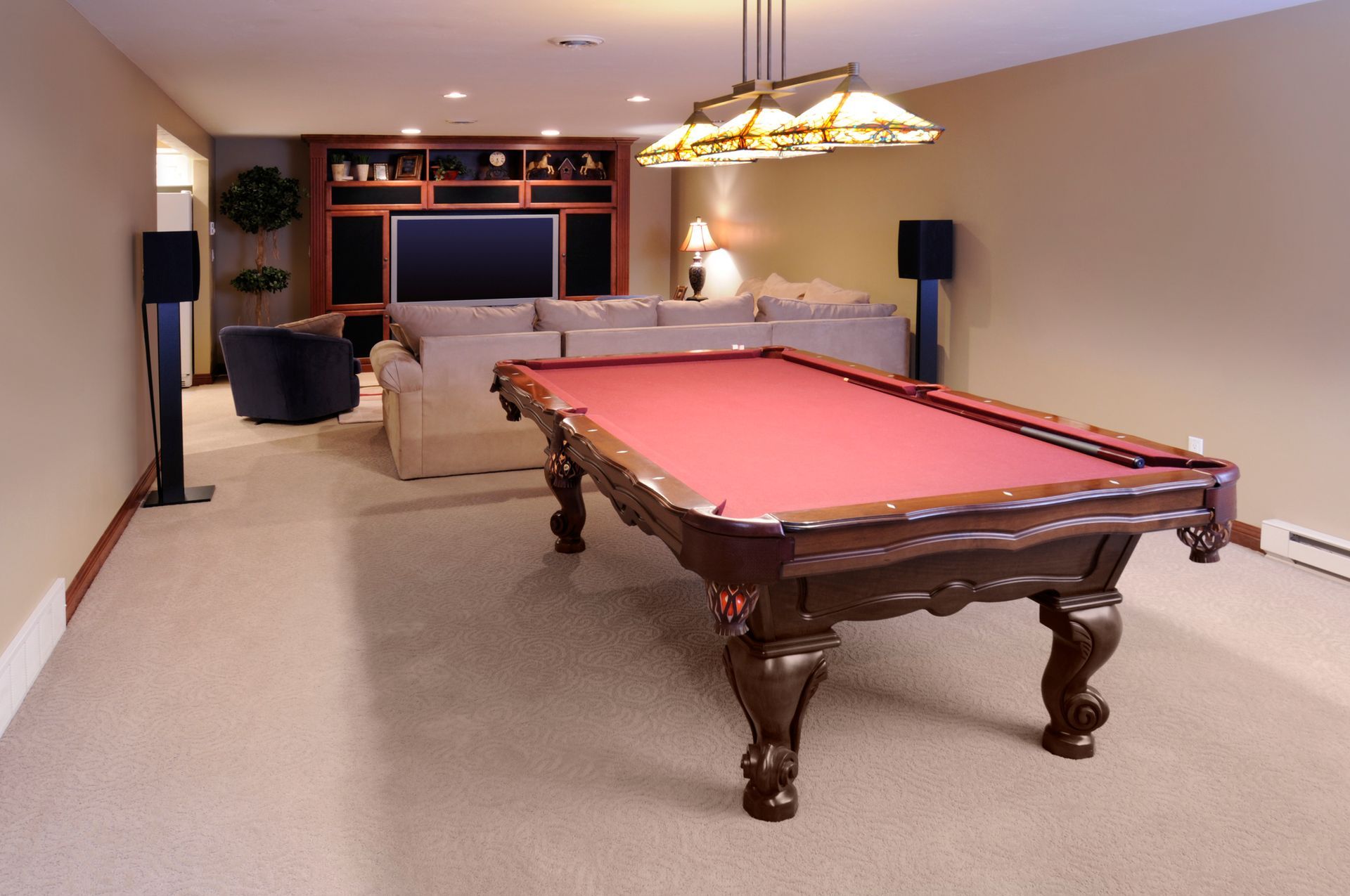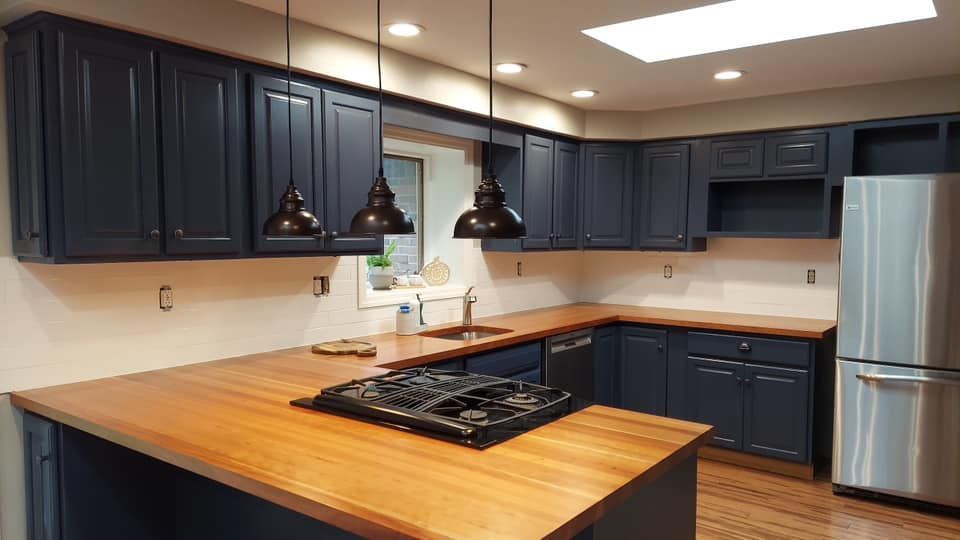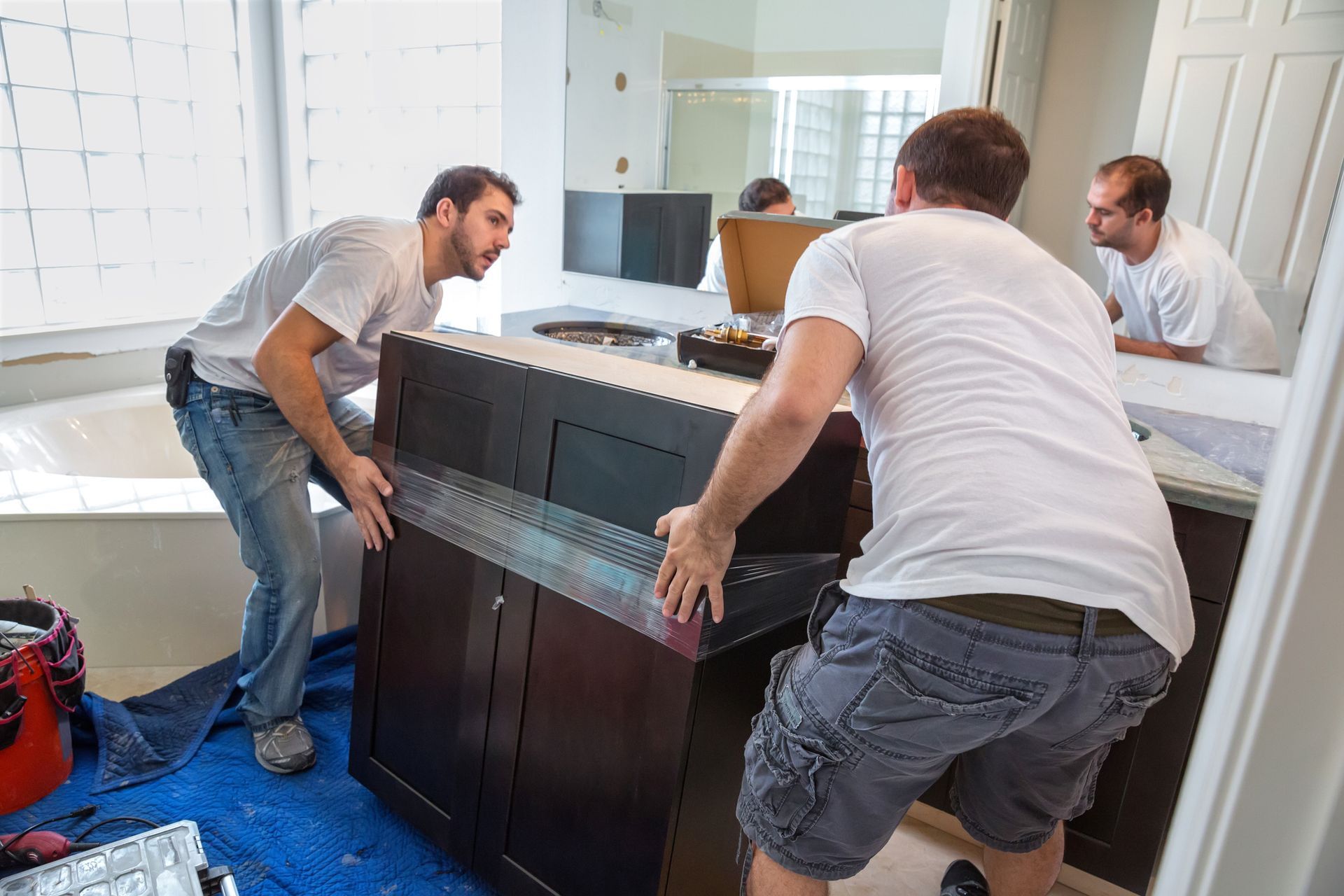7 Common Remodeling Problems and How Our Team Avoids Them
Remodeling your home is a major undertaking that can dramatically enhance your living space, increase your property’s value, and provide a sense of personal accomplishment. However, along with the excitement comes the potential for stress and unexpected challenges. Many homeowners encounter problems that, if not handled properly, can derail the project, blow the budget, and turn a dream remodel into a nightmare.
At Obringer's Painting and Remodeling, we understand the intricacies of home remodeling projects. With years of experience under our belts, we've seen it all, and we've developed proven strategies to prevent these common issues from impacting your renovation. In this blog, we'll discuss seven of the most common remodeling problems and explain how our team can help you avoid them, ensuring that your project runs smoothly from start to finish.
Budget Overruns: Keeping Your Finances on Track
One of the most significant concerns for homeowners embarking on a remodeling project is the risk of going over budget. This issue often arises due to a combination of factors, including underestimating initial costs, unexpected expenses, or changes in the project’s scope. For example, you might discover that your flooring needs more work than anticipated or that the fixtures you initially chose are no longer available, leading to more expensive replacements.
How Obringer's Can Help: At Obringer's Painting and Remodeling, we believe that accurate planning is the foundation of a successful remodel. Our team takes the time to provide detailed estimates, taking into account every aspect of the project—from materials and labor to potential contingencies. By doing so, we help you set a realistic budget and stick to it. We also maintain transparency throughout the project, keeping you informed of any changes and their potential impact on your budget, so there are no surprises along the way.
Delays in the Project Timeline: Staying on Schedule
Another common issue that plagues remodeling projects is delays. These can be caused by a variety of factors, such as supply chain disruptions, unforeseen structural problems, or scheduling conflicts with contractors. For homeowners, delays can be particularly frustrating, extending the time you spend living in a construction zone and potentially increasing costs.
How Obringer's Can Help: Our team at Obringer’s Painting and Remodeling is committed to meticulous project management. We understand the importance of keeping your project on schedule, so we coordinate all aspects of the remodel, from ordering materials to scheduling subcontractors, with precision. We also plan for potential disruptions, such as back-ordered materials or inclement weather, by building flexibility into our timelines. This proactive approach allows us to adapt quickly to changes and keep your project moving forward.
Structural Issues: Addressing Problems Before They Escalate
When remodeling an older home or making significant changes to your property, you may encounter structural issues that weren’t apparent at the outset. Problems like foundation cracks, outdated electrical systems, or water damage can not only derail your project but also pose safety risks if not addressed properly.
How Obringer's Can Help: At Obringer’s, our team includes experienced professionals who are trained to identify and address structural issues early in the process. We conduct thorough inspections before starting any work to ensure that any potential problems are identified and resolved before they can affect your project. This proactive approach not only keeps your remodel on track but also ensures the safety and longevity of your home’s new features.
Unforeseen Complications Behind Walls: Preparing for the Unexpected
One of the most challenging aspects of remodeling is dealing with unforeseen issues that are only discovered once the work has begun. Common examples include finding mold behind walls, encountering outdated plumbing, or discovering that insulation needs to be replaced. These problems can lead to additional work, increased costs, and delays if not managed properly.
How Obringer's Can Help: At Obringer’s, we prepare for the unexpected by incorporating a contingency plan into every project. We understand that surprises can happen, especially in older homes, and we’re ready to handle them efficiently. Our team is equipped to manage these complications without derailing the overall timeline or budget. By maintaining open communication and presenting solutions as soon as issues arise, we help ensure that your remodel stays on track, even when faced with unexpected challenges.
Poor Communication with Contractors: Ensuring Clarity and Cooperation
Effective communication is crucial in any remodeling project. Miscommunication between homeowners and contractors can lead to misunderstandings, mistakes, and delays, which can ultimately compromise the quality of the work and your satisfaction with the finished product.
How Obringer's Can Help: At Obringer’s Painting and Remodeling, we prioritize clear and consistent communication. From the initial consultation to the final walkthrough, we make it a point to keep you informed at every stage of the project. Our team provides regular updates, promptly addresses any concerns or questions you might have, and ensures that your vision is being realized. This level of transparency and responsiveness helps prevent issues before they arise and fosters a collaborative, stress-free experience.
Design Changes Mid-Project: Managing Adjustments with Minimal Disruption
It’s not uncommon for homeowners to reconsider design elements once the project is underway. Whether it’s a new idea for the kitchen layout or a change in paint color, these mid-project adjustments can lead to delays and additional costs if not handled carefully.
How Obringer's Can Help: While we work closely with you during the planning phase to finalize design decisions before construction begins, we understand that sometimes changes are necessary. At Obringer’s, we manage these adjustments efficiently to minimize their impact on the overall project. Our team is skilled at adapting to changes and implementing them in a way that keeps the project on track. We also provide guidance on how to make these changes without compromising the budget or timeline, ensuring that your remodel meets your evolving needs and expectations.
Substandard Workmanship: Delivering Quality You Can Trust
One of the greatest fears homeowners have when hiring a remodeling contractor is the risk of substandard workmanship. Poor-quality work can lead to a host of issues, from aesthetic flaws to safety hazards, and can ultimately diminish the value of your remodel.
How Obringer's Can Help: Quality is at the heart of everything we do at Obringer’s Painting and Remodeling. Our team comprises highly skilled, licensed professionals who have a proven track record of excellence. We take pride in our craftsmanship and are committed to delivering results that not only meet but exceed your expectations. From the selection of materials to the final touches, we ensure that every aspect of your remodel is completed to the highest standards, providing you with a finished product that you’ll be proud of for years to come.
Trust Obringer’s for a Smooth, Stress-Free Remodel
Remodeling your home should be a rewarding experience, not a stressful one. By choosing Obringer’s Painting and Remodeling, you’re not just hiring a contractor—you’re gaining a partner who is dedicated to making your vision a reality with as little hassle as possible. Whether it’s preventing budget overruns, avoiding delays, or ensuring top-notch workmanship, our team is here to guide you through every step of the remodeling process. Contact us today to start planning your dream remodel with confidence, knowing that you’re in the hands of experts who care about your home as much as you do.

Author: Derek Obringer
Owner & Founder of Obringer's Painting and Remodeling, Derek Obringer brings attention to detail, together with experience, and superior customer service into each and every home that his company does work.
Painting And Remodeling Blog
